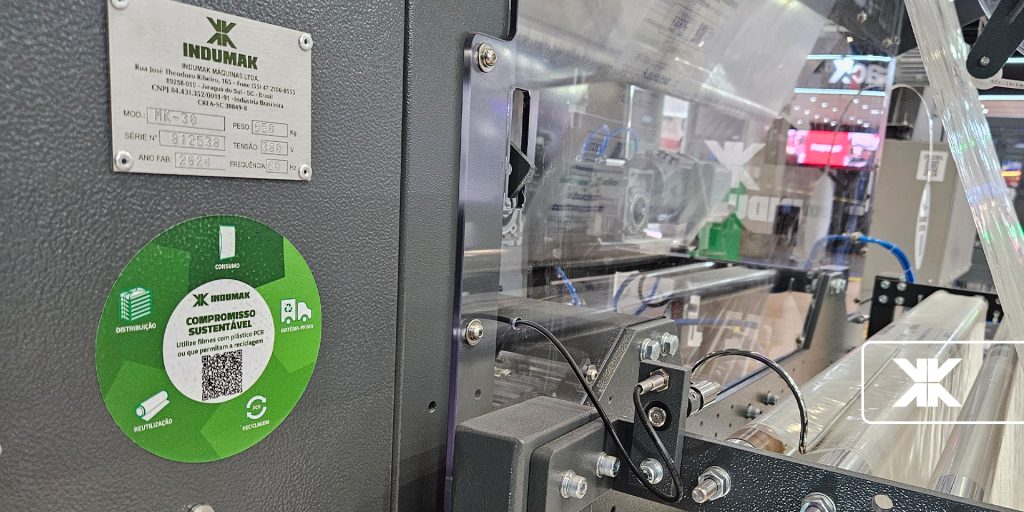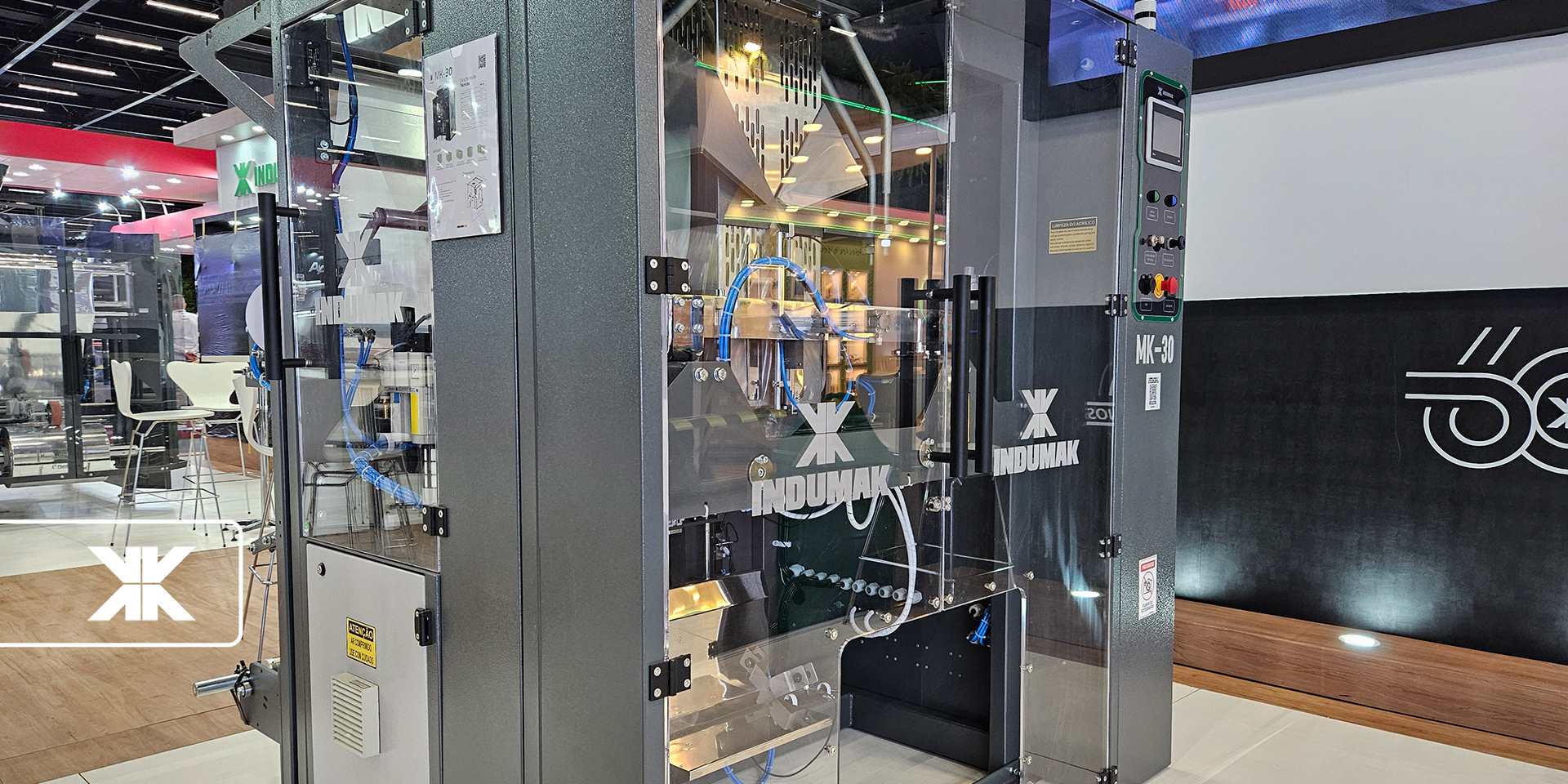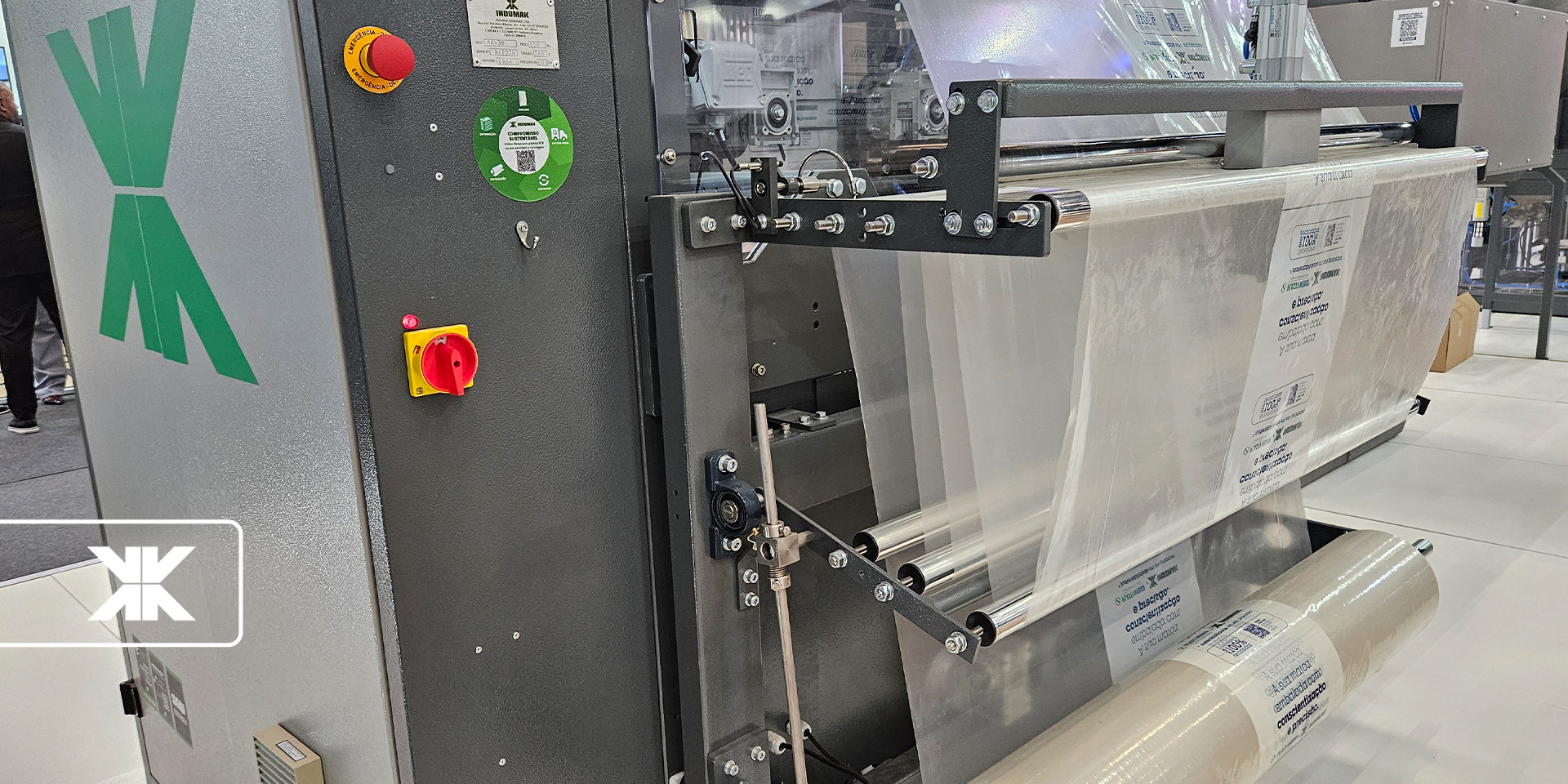
Categoria: Grouping
Sustainable baling: How to reduce environmental impact
In the current scenario, where sustainability has become a global concern, business practices aimed at reducing environmental impact are gaining more and more prominence.
One of these practices is sustainable baling, an effective technique that not only optimizes industrial processes, but also significantly contributes to the preservation of the environment.
Below you will see how sustainable baling can reduce your environmental impact. Good reading!
Sustainable packaging in the search for conscious development

We know the unique benefits of plastic packaging, such as durability, resistance, impermeability and ease of recycling. At the same time, we are aware of the problems that can be generated if this waste is not collected, processed, disposed of and reinserted into the economy.
We understand that, together with resin producers, laboratories and plastic transformers, we can create an efficient process to completely replace virgin resins in specific applications, harmonizing production, marketing, customer and environmental requirements.
Therefore, we are attentive and supporting these developments towards more sustainable packaging.
Meeting human needs and innovations in the packaging sector that involve the consumption of products or services have a positive impact on the environment.
In this context, automating the process also has a positive impact on the environment, as it wastes less plastic when packaging or baling products.
This way, there is more efficiency in the use of materials and energy, reduced waste generation, recovery of resources and materials, among other advantages.
Read also: Production line automation
Sustainable baling and its importance
Baling consists of compacting and unitizing materials, transforming them into bales to facilitate storage and transportation.
This process not only organizes waste, making its handling more efficient, but also provides environmental advantages:
Space reduction and logistics optimization
By unitizing products into bales, there is a significant reduction in space occupied, both in storage and transportation.
Fewer truck trips and less storage area required result in lower fuel consumption and lower CO? emissions.
Ease of recycling and reuse
Baled materials are easier to process in recycling facilities, making it easier to reuse resources.
This directly contributes to the circular economy, where materials are kept in the production cycle for longer.
PCR plastic in baling: Reducing your carbon footprint

PCR, or Post-Consumer Recycled, is a resin derived from products already used for other purposes, paving the way for awareness about recycling and reuse. Films can contain from 60 to 100% PCR content, meeting high performance applications.
Integrating PCR plastic films into baling processes requires a careful balance between sustainability and performance.
It is essential to ensure that these films maintain the necessary mechanical properties to ensure the integrity and stability of the bales during transport and handling, including precise control of the coefficient of friction (COF) to prevent tipping.
In addition to the technical benefits, the use of PCR plastic significantly contributes to reducing the carbon footprint and waste of natural resources.
Reducing dependence on virgin resins decreases the environmental impact associated with the extraction and processing of raw materials.
Companies that adopt PCR plastic in baling not only comply with environmental regulations and consumer expectations for sustainable practices, but also strengthen their image of corporate social responsibility.
This can attract conscious consumers and improve the brand’s reputation in the market.
The adoption of PCR plastic in baling not only demonstrates a significant commitment to sustainability, but also highlights the importance of strategic collaborations to promote responsible environmental practices.
Company values ??and strategic partnerships
Partnerships between baling equipment manufacturers, recycling companies and end consumers are key to driving innovations that optimize the sustainable baling process.
And they can result in technological innovations that make the process more efficient and economical. At the same time, they ensure that baled materials are properly processed, maximizing environmental benefits.
Companies committed to sustainability often adopt sustainable baling practices as part of their social and environmental responsibility.
Count on Indumak to improve sustainable baling in your industry. Get in touch with our team of experts and find out how we can help drive sustainability in your business.




